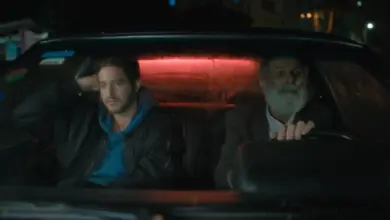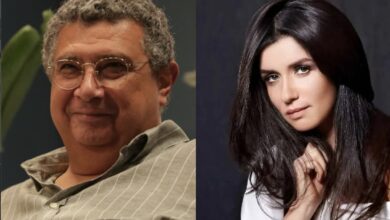The last quarter of the year is usually busy in the Arab film festival circuit with six festivals competing to attract films, stars and media coverage. After Abu Dhabi, is Carthage (23-31 October) and Doha (26-30 October).
In its twenty-third year, the Carthage Film Festival (Journées Cinématographiques de Carthage, JCC) has tried to broaden its scope under the direction of filmmaker and producer Dora Bouchoucha who sees it as an international dialogue including workshops and master classes in addition to daily screenings of up to 250 films from 70 countries.
The high quality of films selected for the festival included the most important films from Cannes and Venice in addition to new Tunisian productions. Among them are "Outside the Law," about the Algerian struggle. The film is part of a retrospective of its Algerian director, Rachid Bouchareb. "Miral," by artist and filmmaker Julian Schnabel, features Rula Jebreal telling her own story of being raised in an orphanage during the Israeli occupation. Both films are co-produced by renowned Tunisian filmmaker Tarek Ben Ammar.
The opening night featured the movie "A Screaming Man" by acclaimed Chadian filmmaker Mahamat-Saleh Haroun, which won the prestigious Jury Prize at the 2010 Cannes Festival.
Egypt has a great presence this year. TV and film star Ilham Shahin is a jury member in the long narrative competition while Khaled Abolnaga, as in Abu Dhabi, is a member of the documentary competition jury.
Abolnaga’s new film "Microphone" is competing in the narrative section. The digitally-shot, independently-produced Egyptian narrative began its festival tour last September in Toronto and will have its Egyptian premiere at the Cairo International Film Festival next November. "Microphone" was very well received in Carthage. It is a simple story told in an unconventional way through the music and the art of underground groups and artists in Alexandria. The script was almost improvised through an extensive workshop created by its director Ahmad Abdalla, working again with Abolnaga after their successful first collaboration, "Heliopolis." Shot documentary style, "Microphone" captures the Alexandria street and its struggling teen artists looking for a breakthrough without the help of national organizations.
Abdalla used the music of these artists to narrate the story of Khaled (Abolnaga) who returns to Alexandria after seven years in New York to win back his love, Hadeer (Menna Shalaby). The scene of their rendezvous is woven throughout the movie as Khaled discovers the young musicians of Alexandria and tries to put together a concert in a national theater. Meanwhile, a young couple, played by Youssra al-Lozy and Ahmed Magdy, are trying to direct a documentary about the artists. They later join Khaled in his quest.
Abdalla, who also studied classical music, proves that he could be the next Youssef Chahine or Youssry Nasrallah (who makes a cameo as himself) with his unconventional narrative and editing styles. His movies are welcomed in all festivals as a new wave in Egyptian cinema but it might be hard to convince the Egyptian audience to buy a ticket.
Director Youssry Nasrallah is also leading a masterclass lesson for young filmmakers, and rising independent filmmaker Ahmed Rashwan (the still unreleased "Basra") is participating in the Producer Network, a new JCC initiative that helps to finance new projects.



